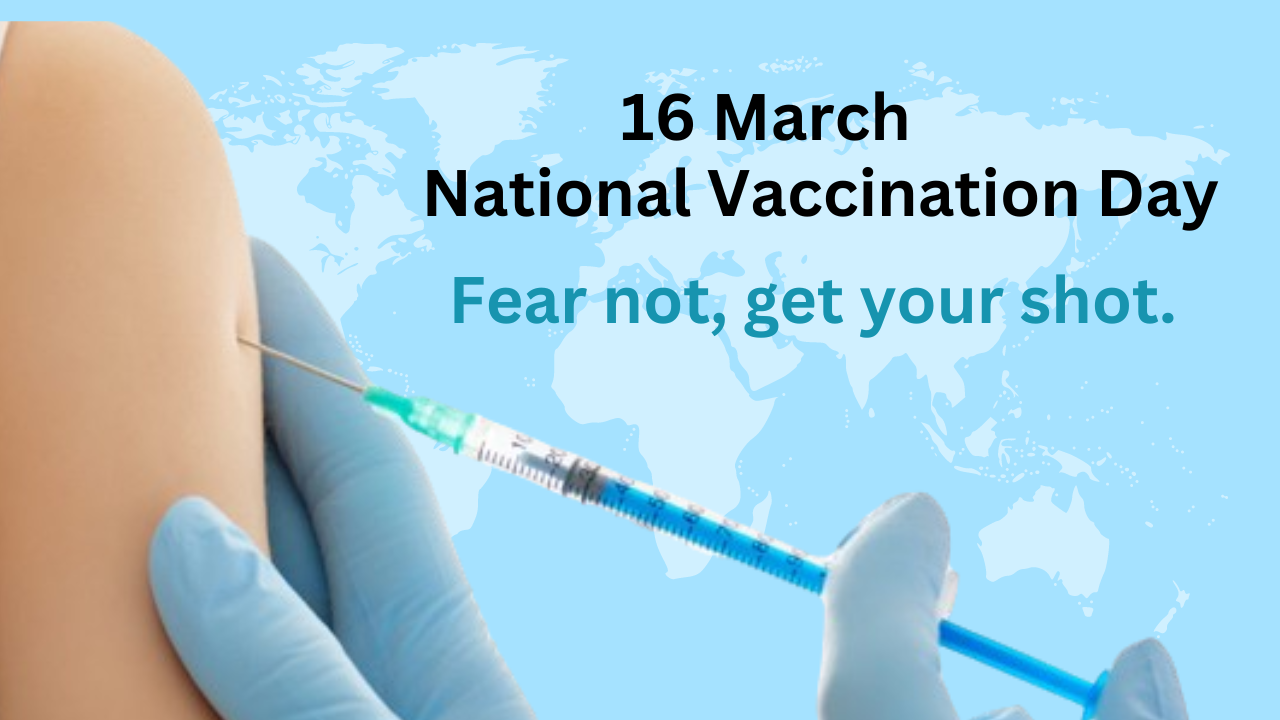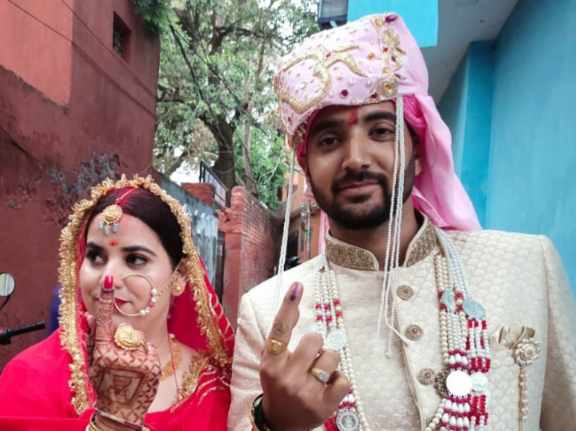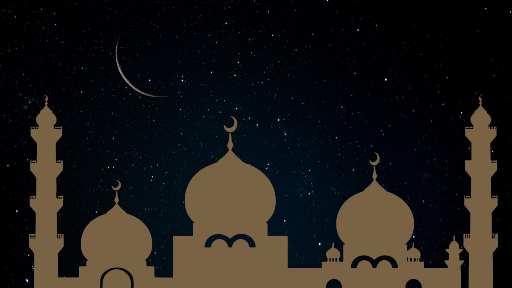National Vaccination Day, sometimes referred to as Polio Ravivar or Immunization Day. Every year on March 16, we mark National Vaccination Day to promote the importance of immunization. A landmark moment in Indian history occurred in 1995 with the introduction of the first oral polio vaccine. The World Health Organization (WHO) believes that vaccinations are an effective means of preventing dangerous illnesses. This day serves as a reminder of the ways in which immunizations enhance life expectancy, promote public health, and benefit our society. National Immunization Day, also known as National Vaccination Day, is observed annually on March 16 to highlight the importance of vaccination for the entire nation.
Theme of National vaccination day 2024:
On March 16, 2024, India will celebrate National Vaccination Day with the theme “Vaccines Work for Everyone.” The theme makes the case that safe and effective vaccinations are necessary to safeguard all human lives from preventable diseases, regardless of age, gender, region, or socioeconomic status.
History of National Vaccination Day:
The first person to scientifically examine a smallpox prevention strategy was Edward Jenner. Despite not having invented the technique, he conducted his research in 1796, and because of his scientific approach, which demonstrated the method’s efficacy, he is frequently referred to be the father of vaccinations.
Jenner explored an approach known as “arm-to-arm inoculation,” which entailed injecting material from a cowpox patient’s blister into the skin of another individual. But by the late 1940s, science had advanced enough to allow for the mass manufacture of vaccines and the start of serious disease control initiatives. Early in the 20th century, the following vaccinations that were regularly advised were produced. Among these were vaccinations against tetanus (1938), diphtheria (1926), and pertussis (1914). In 1948, these three vaccinations were delivered together as the DTP vaccine.
Fearing summertime polio epidemics, parents kept their kids out of swimming pools, sent them to stay with relatives in the countryside, and campaigned for awareness of the disease’s spread. They constantly monitored vaccine trials and contributed to the cause by sending dimes to the White House while they waited for a vaccine. The nation rejoiced when the polio vaccine was approved in 1955, and Jonas Salk, who created it, rose to fame immediately.
The National Vaccination Day’s significance:
National Vaccination Day is significant because vaccines and the Imagination Campaign are life-saving measures that are fundamentally insurmountable for improving people’s quality of life and promoting health. Since they highlight the capabilities of the human brain and commemorate medical advancements while promoting good health, they are also depicted as amazing human achievements that we have observed in our lives.
Additionally, it’s a chance to express gratitude to the scientists, researchers, and healthcare staff who work to keep us safe, healthy, and well at all times. To make life worth living, many people commit their entire careers to developing vaccinations and discovering cures for fatal illnesses.



